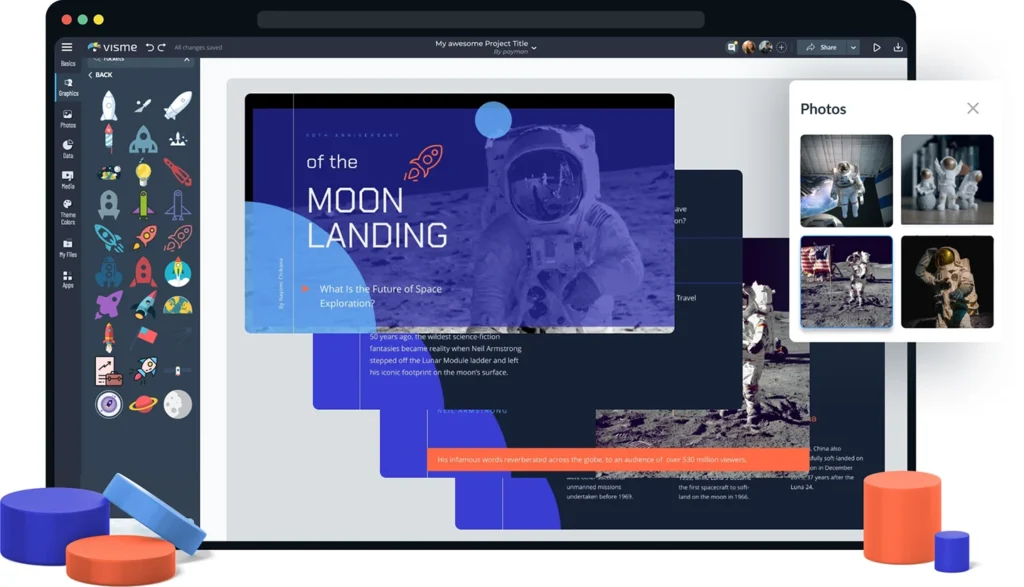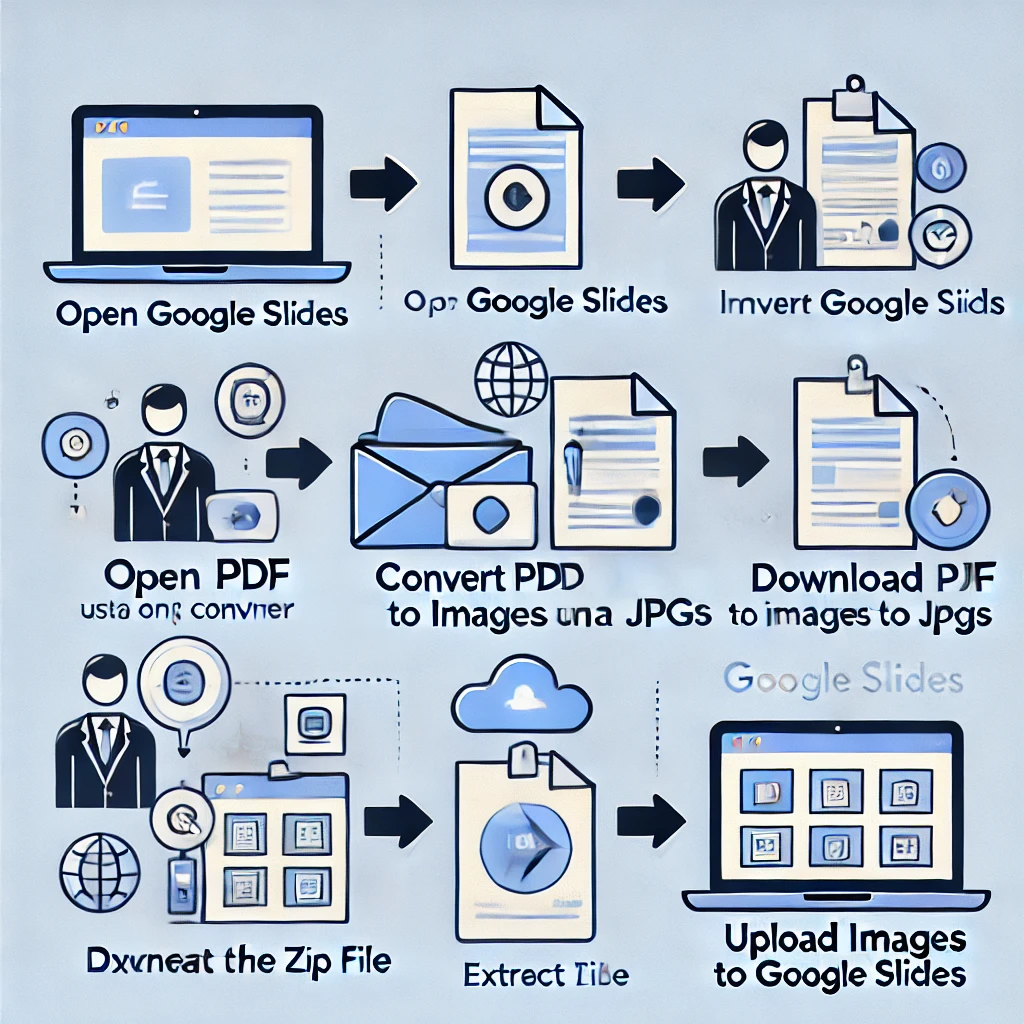Introduction
Tech engineers is pivotal in the ever-evolving landscape of technology. These professionals are not just the architects behind new software and hardware; they are the visionaries driving the technological revolution. From artificial intelligence (AI) to quantum computing, tech engineers are at the forefront, crafting innovations that have the potential to transform industries and our daily lives. This article explores how tech engineers are revolutionizing the future of technology through their groundbreaking work and what it means for the future.
The Rise of Artificial Intelligence and Machine Learning
One of the most significant areas of innovation led by tech engineers is artificial intelligence (AI) and machine learning (ML). These technologies are reshaping industries ranging from healthcare to finance and beyond.
AI in Healthcare
AI has become a game-changer in healthcare, with tech engineers developing systems that can analyze medical data, predict patient outcomes, and assist in diagnosing diseases. For instance, machine learning algorithms can now analyze medical imaging with unprecedented accuracy, helping radiologists identify conditions like cancer earlier than ever before. Tech engineers are also working on AI-driven personalized medicine, which tailors treatment plans based on individual genetic profiles, improving patient outcomes and reducing side effects.
AI in Finance
In the finance sector, AI algorithms are used to detect fraudulent activities, optimize trading strategies, and provide personalized financial advice. Tech engineers have developed sophisticated models that can analyze vast amounts of financial data in real time, allowing for better risk management and more informed decision-making.
AI in Everyday Life
Beyond specialized fields, AI has become an integral part of daily life. Virtual assistants, such as Siri and Alexa, are the result of extensive work by tech engineers in natural language processing and voice recognition. These systems continue to evolve, becoming more adept at understanding and responding to user needs.
Advancements in Quantum Computing

Quantum computing represents a leap forward in computational power, and tech engineers are at the heart of this revolution. Unlike classical computers that use bits, quantum computers use quantum bits or qubits, which can represent multiple states simultaneously.
The Potential of Quantum Computing
Quantum computing has the potential to solve complex problems that are currently beyond the reach of classical computers. For example, it could revolutionize fields such as cryptography, materials science, and drug discovery. Tech engineers are working on developing stable qubits and error-correction techniques to make quantum computers more practical and accessible.
Challenges and Solutions
Despite its promise, quantum computing faces several challenges, including qubit stability and scalability. Tech engineers are addressing these issues through innovative approaches such as superconducting qubits, trapped ions, and topological qubits. Each of these methods has its advantages and limitations, and ongoing research is focused on finding the most effective solutions.
Impact on Industry
The impact of quantum computing on various industries could be profound. For instance, in pharmaceuticals, quantum computers could accelerate drug discovery by simulating complex molecular interactions. In finance, they could optimize portfolio management and risk assessment. Tech engineers are working to make these applications a reality, which could lead to significant advancements in these fields.
Innovations in Cybersecurity
As technology advances, so do the methods used by cybercriminals. Tech engineers are constantly developing new strategies to protect against cyber threats and secure sensitive information.
Advanced Threat Detection
Tech engineers are leveraging AI and machine learning to enhance threat detection and response. By analyzing patterns and anomalies in network traffic, these systems can identify potential threats in real time and respond more effectively. This proactive approach helps in mitigating risks before they can cause significant damage.
Blockchain Technology
Blockchain, the technology behind cryptocurrencies like Bitcoin, is also being used to enhance cybersecurity. Tech engineers are exploring its potential for creating secure, tamper-proof systems for various applications, including supply chain management and identity verification. The decentralized nature of blockchain makes it an effective tool for combating fraud and ensuring data integrity.
Biometric Security
Biometric authentication methods, such as fingerprint recognition and facial recognition, are becoming increasingly common. Tech engineers are continuously improving these technologies to make them more secure and accurate. Innovations in biometric security include multi-modal systems that combine different types of biometric data for enhanced protection.

The Internet of Things (IoT) and Smart Cities
The Internet of Things (IoT) is another area where tech engineers are driving innovation. IoT refers to the network of interconnected devices that communicate and share data with each other. This technology is laying the groundwork for smart cities, where infrastructure and services are optimized through data-driven insights.
Smart Infrastructure
Tech engineers are developing smart infrastructure solutions that use IoT sensors to monitor and manage everything from traffic flow to energy consumption. For example, smart traffic lights can adjust their timings based on real-time traffic conditions, reducing congestion and improving safety. Similarly, smart grids can optimize energy distribution, leading to more efficient use of resources.
Enhanced Urban Living
In smart cities, IoT technology enhances urban living by providing residents with better services and improved quality of life. Smart home systems, for instance, allow homeowners to control lighting, heating, and security systems remotely. Tech engineers are also working on innovations such as smart waste management and intelligent public transportation systems.
Challenges and Considerations
While IoT offers numerous benefits, it also presents challenges such as data privacy and security concerns. Tech engineers are addressing these issues by developing robust encryption methods and secure communication protocols to protect sensitive information.
Breakthroughs in Augmented and Virtual Reality
Augmented Reality (AR) and Virtual Reality (VR) are transforming how we interact with digital content. Tech engineers are at the forefront of creating immersive experiences that blend the physical and digital worlds.
Applications of AR and VR
AR and VR technologies have diverse applications, from gaming and entertainment to education and training. For example, VR simulations can provide realistic training environments for professionals in fields such as medicine and aviation. AR applications, on the other hand, can overlay digital information onto the physical world, enhancing learning and navigation.
Advancements in Hardware
Tech engineers are continuously improving AR and VR hardware, including headsets and controllers. Innovations in display technology, motion tracking, and haptic feedback are making these experiences more immersive and realistic. For instance, the development of lighter, more comfortable headsets with higher resolution displays enhances user experience.
Future Possibilities
The future of AR and VR holds exciting possibilities. Tech engineers are exploring ways to integrate these technologies with AI to create more intelligent and adaptive systems. For example, AI could be used to personalize AR experiences based on user preferences and behaviors.
The Evolution of Software Engineering

Software engineering is a dynamic field that is constantly evolving. Tech engineers are developing new methodologies and tools to improve software development processes and outcomes.
Agile and DevOps Practices
Agile methodologies and DevOps practices have become standard in software development. These approaches emphasize collaboration, iterative development, and continuous integration. Tech engineers are refining these practices to enhance productivity and deliver higher-quality software.
Low-Code and No-Code Platforms
Low-code and no-code platforms are democratizing software development by allowing individuals with limited coding experience to create applications. Tech engineers are developing these platforms to be more user-friendly and capable of handling complex requirements. This trend is accelerating innovation and enabling faster development cycles.
Focus on Security and Privacy
As software becomes more complex, security and privacy concerns are paramount. Tech engineers are incorporating security features into the development process from the outset, using techniques such as secure coding practices and automated vulnerability scanning. This proactive approach helps in building more robust and secure software systems.
FAQ
What is the role of a tech engineer in the development of artificial intelligence (AI)?
Tech engineers play a crucial role in the development of AI by designing and implementing algorithms that enable machines to learn from data and make decisions. They work on creating models for machine learning, developing software for AI applications, and improving the efficiency and accuracy of AI systems. Their work involves programming, data analysis, and testing to ensure that AI systems perform as intended.
How is quantum computing different from classical computing?
Quantum computing differs from classical computing in that it uses quantum bits or qubits, which can represent multiple states simultaneously due to superposition. This allows quantum computers to perform complex calculations much faster than classical computers for certain types of problems. Classical computers use bits, which are binary and can only be in one state (0 or 1) at a time.
What are some current challenges in quantum computing that tech engineers are working to solve?
Some of the current challenges in quantum computing include maintaining qubit stability (coherence), reducing error rates, and scaling up the number of qubits in a quantum computer. Tech engineers are addressing these issues by exploring different types of qubits, developing error-correction techniques, and improving the overall design and materials used in quantum computers.
How does AI contribute to cybersecurity?
AI contributes to cybersecurity by enhancing threat detection and response. Machine learning algorithms can analyze vast amounts of data to identify unusual patterns or anomalies that may indicate a security threat. AI systems can also automate responses to detected threats, such as blocking malicious activities or alerting security teams, thereby improving overall security posture.
What is the Internet of Things (IoT), and how are tech engineers involved in it?
The Internet of Things (IoT) refers to a network of interconnected devices that can communicate and share data with each other. Tech engineers are involved in IoT by designing and developing the hardware and software required for these devices to function and interact. They work on creating sensors, communication protocols, and data management systems to ensure that IoT devices can effectively collect and exchange information.
What advancements have been made in Augmented Reality (AR) and Virtual Reality (VR) technologies?
Recent advancements in AR and VR technologies include improvements in hardware, such as more comfortable and higher-resolution headsets, as well as enhanced motion tracking and haptic feedback. Additionally, there have been innovations in software that enable more realistic and immersive experiences. Tech engineers are also exploring the integration of AI with AR and VR to create adaptive and personalized experiences.
What are low-code and no-code platforms, and how are they impacting software development?
Low-code and no-code platforms are development environments that allow users to create applications with minimal or no coding. Low-code platforms require some coding, but offer a simplified interface for building applications, while no-code platforms do not require any coding at all. These platforms are impacting software development by enabling faster application creation, allowing non-developers to build solutions, and accelerating the development process. Tech engineers are involved in creating and refining these platforms to ensure they meet user needs and handle complex requirements.
Conclusion
Tech engineers are playing a crucial role in revolutionizing the future of technology. Their innovations in AI, quantum computing, cybersecurity, IoT, AR/VR, and software engineering are shaping the technological landscape and driving progress across various industries. As technology continues to advance, tech engineers will remain at the forefront, pushing the boundaries of what is possible and creating a future that is both exciting and transformative. Their work not only impacts how we live and work but also paves the way for future generations of technology enthusiasts and professionals.



